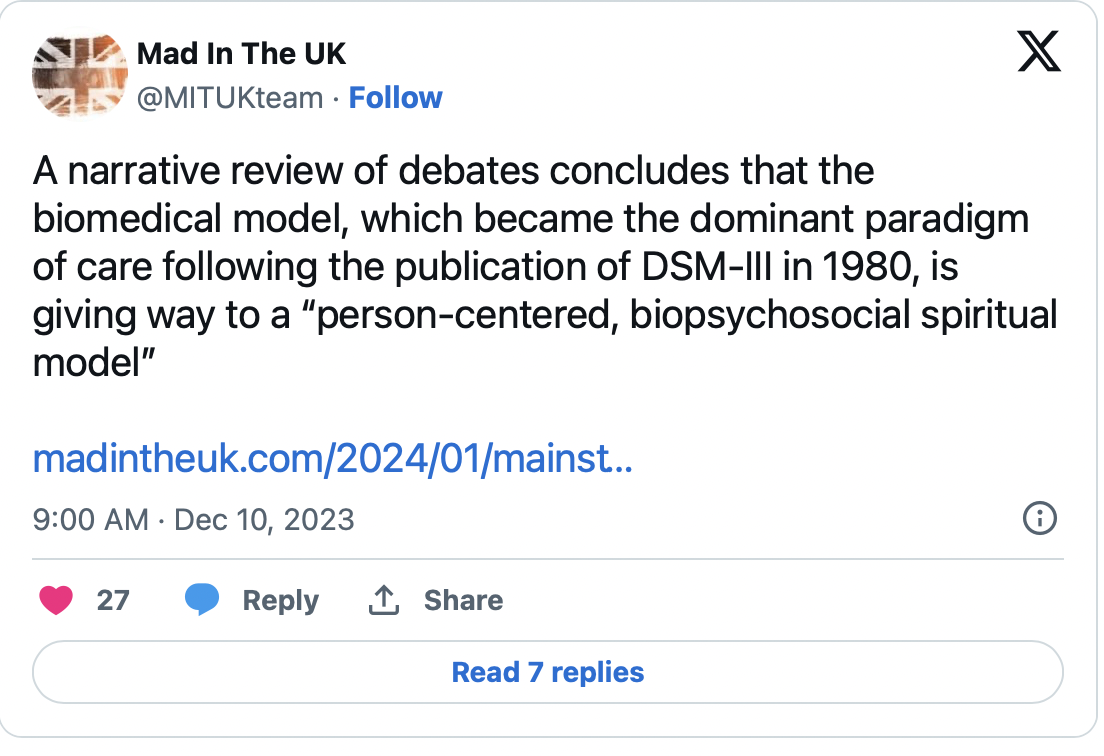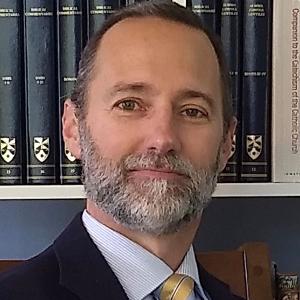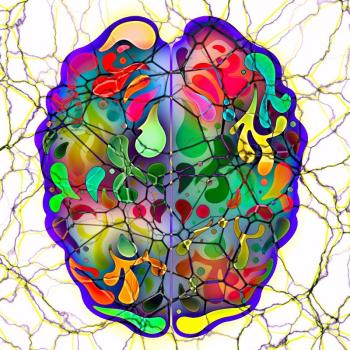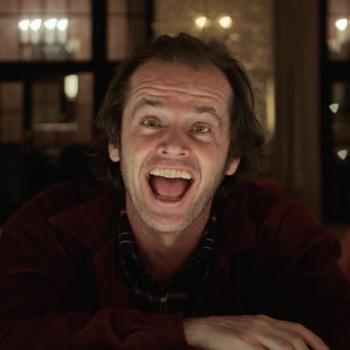
Leading British experts in psychiatry are asking the UK to change the way they handle mental healthcare in their country. This is from Peter Simons, science writer at Mad in America:
“In a new article in the British Medical Journal (BMJ), 30+ prominent figures in critical psychiatry call on the UK government to acknowledge the evidence that antidepressants are no better than placebos for most patients and to increase funding of social and psychological interventions while decreasing drug prescriptions.” —“Stop Using Antidepressants…”
“Increase funding of social … interventions ….”
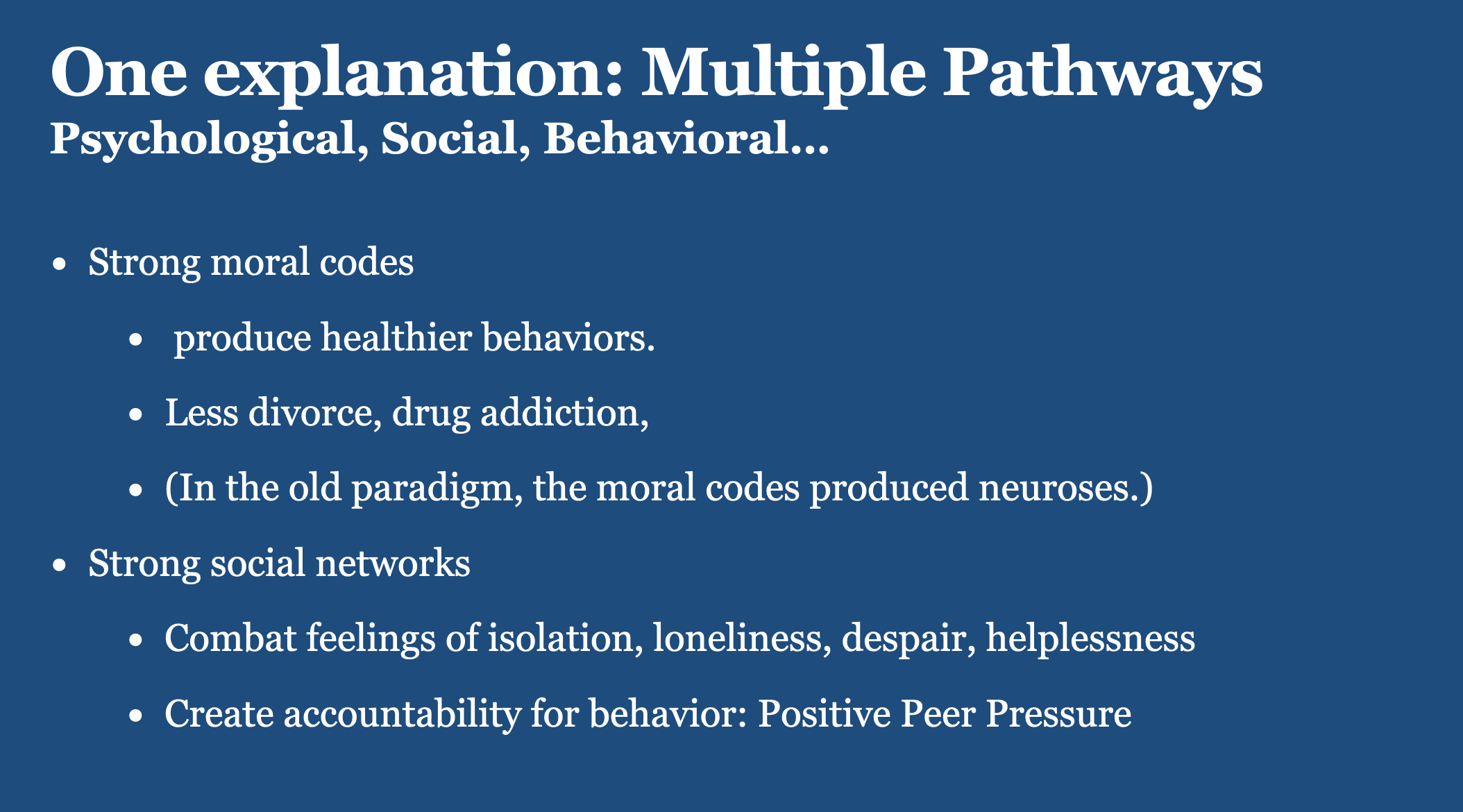
If an advocacy for “social interventions” sounds familiar, maybe this is because you saw my first Soul Science show where I discussed this therapy alternative. Improved social, familial, and community interactions are thought to be one of the causal pathways to improved mental health. It was research on the benefits of religious practice that brought to light the importance of the social dimension to mental well-being. And many new therapeutic approaches are derived from this research on religion. One such religion-based therapy is mindfulness. The term actually denotes a whole suite of therapies including Mindfulness Based Stress Reduction (MBSR) and Mindfulness Based Cognitive Therapy (MBCT).
These mindfulness therapies trace their origins to the work of Dr. Herbert Benson of Harvard Medical School and the research he conducted on Buddhist meditation practices. The Simons article mentions mindfulness and meditation among the recommended therapies in the BMJ article. See below:
“Mindfulness and meditation,” anyone?
“Clinical practice guidelines outside the US, such as the NICE guidelines in the UK, already suggest that antidepressants are not the best first-line intervention for mild to moderate depression. The NICE guidelines suggest watchful waiting, guided self-help, various psychotherapies, exercise, and mindfulness/meditation as better options for less severe depression since they have equal effectiveness but much lower risk of adverse effects. Take, for instance, a recent meta-analysis finding that exercise is just as good as antidepressants at treating mild to moderate depression—and that adding drugs to the regimen does not improve outcomes.”— “Stop Using Antidepressants…”
One concern for Americans is that the article singles out our country for ignoring this important research on the ineffectiveness of drug therapy. I will come back to this topic here at my blog and on the podcast.
Any other therapeutic religious practices?
On The Soul Science Show, I discuss the work of Tyler VanderWeele. He’s a Harvard epidemiologist who has conducted one of the largest studies linking religious practice to improved mental health outcomes. His research shows a strong connection between regular church attendance and reduced risks for depression and suicide, among many other health benefits. So add church attendance to mindfulness and meditation for a religious program of mental health therapy. And while you’re at it, don’t forget prayer. Studies have shown that prayer produces the same mental health benefits as mindfulness and meditation.
Some people may complain that I am overstating the case for religion. If my claims were based solely on this one BMJ article, I would agree. The article does not emphasize religion at all. And, in fact, some of the therapies it recommends have nothing to do with religion—like exercise, for example. Nevertheless, the website for the Simons article is promoting a new publication in January that explicitly acknowledges the religion-centeredness of the new paradigm emerging in the mental health field. Take a look at their post on Twitter-X:
Conclusion
For nearly a decade now, I have been documenting in books, articles, lectures, and interviews a profound paradigm shift taking place in the mental health sciences. These latest developments from the UK indicate no slowdown in this therapeutic revolution. It is a revolution away from drug therapy and toward a more spiritual and religious approach. And nothing in the psychological sciences could be more revolutionary than that. For, as I have documented in both my books and elsewhere, psychology got its start by attacking religion as a harmful influence to the human psyche. Thus, today, we are seeing a total reversal of early psychological theory. It is a Copernican Revolution that gets very little news coverage here in America. Here at Soul Science, our mission is to get the word out and—hopefully—save lives.


